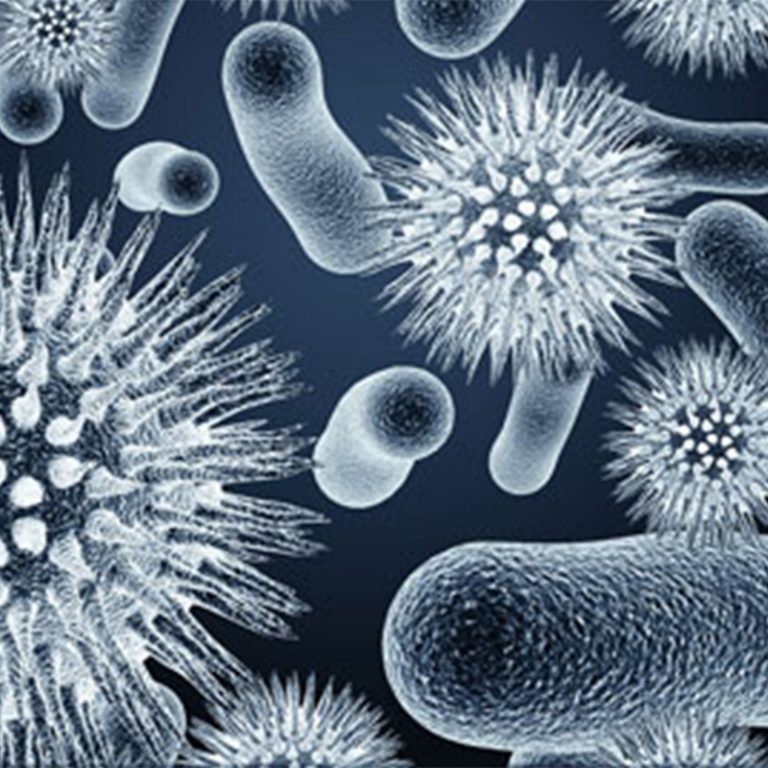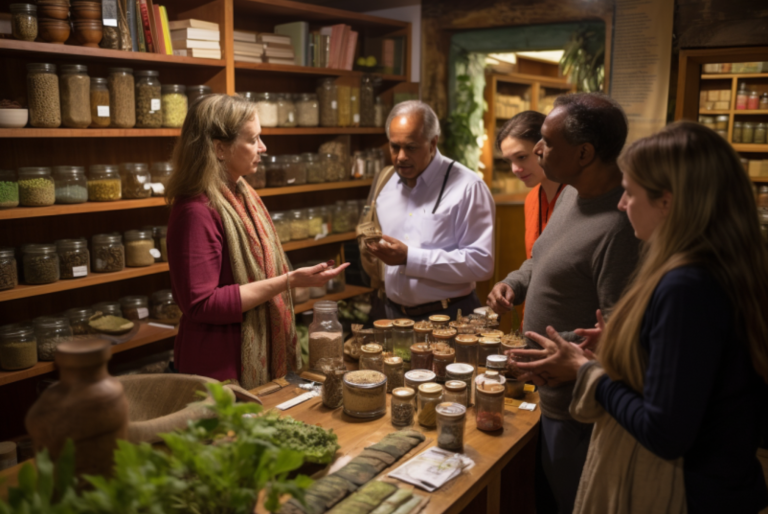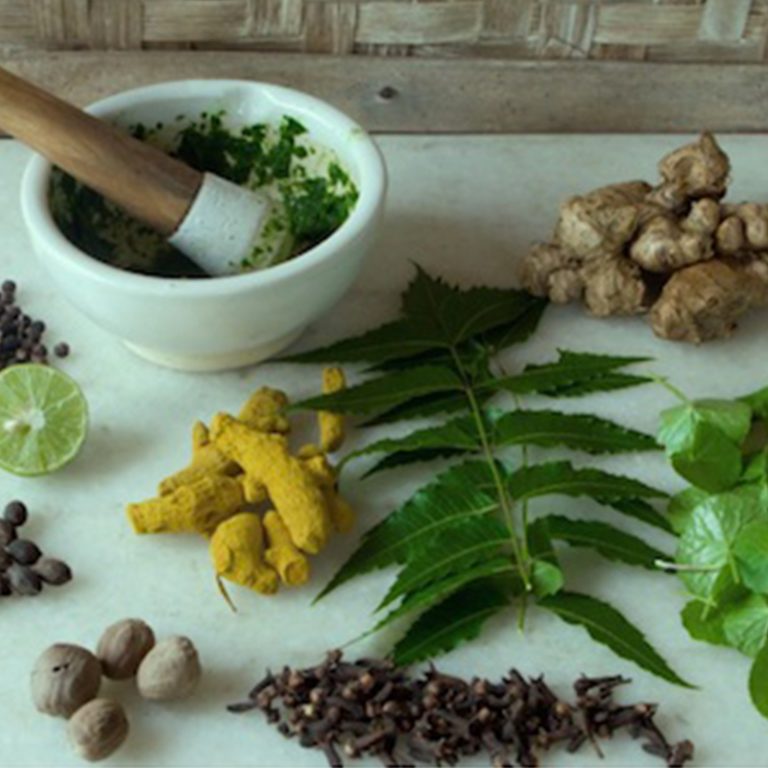Can Herbs Be Standardised
Ayurvedic medicines have proved their efficacy and safety for thousands of years. In recent years there has been a huge increase in interest in these herbal remedies, no doubt fuelled by growing awareness of the side-effects of pharmaceutical drugs. As a result of this increase in demand there is mounting pressure in certain quarters for herbal medicines to be standardised in the same way as pharmaceuticals. Unfortunately this takes little account of the way in which the remedies are prepared and prescribed or of the manner in which they work. Any attempt at standardisation would seriously compromise their quality and effectiveness; in short, wild herbs are by their very definition incapable of standardisation.
Ayurvedic medicines are always selected and prepared according to the constitutional type of the individual. This is essential as the human body is not standardised. A single herbal ingredient will consist of a huge number of naturally occurring biochemicals, many of which contribute to the healing benefits of the plant. The chemicals that possess these properties are the ‘active ingredients’ and their presence is dependent on a variety of factors, including the time, season and place of harvest and the methods of preparation. When the individual ingredients are tested in isolation their effect is completely different from that obtained from the whole plant. For example, the Australian herbalist Kerry Bone compared a standardised extract of turmeric at 75 to 95% curcumin – considered to be the active ingredient – with the constituents found in the whole root. He discovered that there were many additional constituents in the whole root that also had anti-inflammatory properties, some possibly even more powerful than the curcumin. He found that on concentrating curcumin to such an unnatural level the warming oils of the plant were lost, and it therefore ceased to be effective as a digestive and circulatory stimulant.
It is often claimed that herbal medicines should be required to meet the same standards as pharmaceuticals. However, even the pharmaceutical industry seems to be aware of the error of its ways. A few years ago a CEO of one of the world’s biggest drug companies, GSK, admitted at a conference in London that most drugs don’t work for most people taking them. He put their failure down to genetic differences – surely an admission that human bodies are all different ?
Perhaps a less complicated scenario would be for every human being to be made the same. If one observes the effect of such popular items as pasta and pizza on the people who are addicted to them one can perhaps detect a trend towards a standardised human body.

*Discover holistic healing with a complimentary phone or video consultation from our expert Ayurvedic practitioner. Start your path to better health today!*























